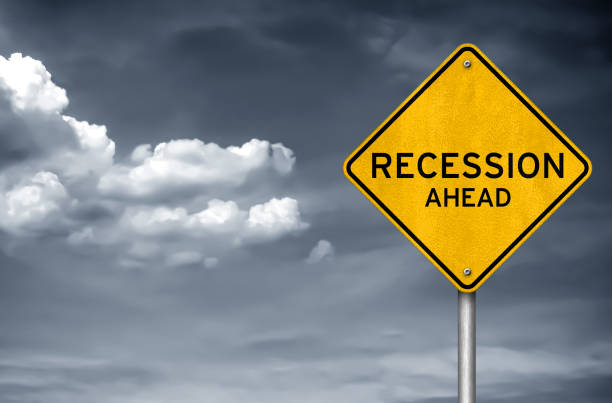The global economy is just one more knock away from a second recession in the same decade, something that hasn’t happened in more than 80 years.
That’s the latest warning from the World Bank, which on Tuesday sharply lowered its forecast for global economic growth.
The group now projects that the world economy will expand by just 1.7% this year, slamming developing countries that have already been hit hard by the pandemic and rising interest rates. It projects growth will tick back up to 2.7% in 2024.
“The crisis facing development is intensifying as the global growth outlook deteriorates,” World Bank President David Malpass said in a statement.
Elevated inflation, aggressive central bank policy, deteriorating financial conditions and shock waves from Russia’s invasion of Ukraine are all weighing on growth.
As a result, “further negative shocks” — from higher inflation and even tighter monetary policy to an uptick in geopolitical tensions — could be enough to trigger recessionary conditions, according to the World Bank.
The global economy shrank by 3.2% during the pandemic recession of 2020, before bouncing back strongly in 2021. The world last experienced two recessions in the same decade in the 1930s.
The organization said it expects the US economy to grow by just 0.5% in 2023. The 20 countries that use the euro, which have been battered by the war in Ukraine, aren’t expected to see any aggregate expansion at all. Both forecasts are much lower than they were in June 2022.
Growth in China is projected to pick up in 2023 following the lifting of Covid-19 restrictions, rising to 4.3%. But that forecast is also down from six months ago, reflecting ongoing shakiness in the country’s real estate market, weaker demand from other countries for products made in China and continued pandemic disruptions.
“The world’s three major engines of growth — the United States, the euro area and China — are undergoing a period of pronounced weakness,” the World Bank said in its report.
This pullback will also hurt poorer countries, which have already been feeling the effects of an uncertain economic climate, lower business investment and increasing rates. Rising borrowing costs can make it more challenging to deal with high levels of debt.
By the end of 2024, economic output in emerging markets and developing economies will be about 6% below levels that had been mapped out before the pandemic, according to the World Bank. Income growth is also expected to be slower than the average in the decade before Covid, making it harder to close the gap with richer nations.
Latest Stories
-
Promoting domestic tourism through tailored marketing strategies in Ghana
4 mins -
NDC condemns alleged kidnapping of Emirates Airlines Airport Manager
5 mins -
Edward Boateng honoured with Lifetime Media Excellence Award at 9th EMY Africa Awards
20 mins -
Ghana Culture Forum launches new website
20 mins -
NPP has plunged Ghana into economic bankruptcy – Sammy Gyamfi
29 mins -
Total value of secured loans granted by banks, SDIs hits GH¢5.6bn in Q3, 2024
30 mins -
95,340 collateral registrations recorded in quarter 3, 2024 – BOG
34 mins -
Mahama will use state funds judiciously – Sammy Gyamfi
46 mins -
Armed men invade live show at Metro TV
1 hour -
Former Minerals Commission CEO Tony Aubynn files GH¢30m defamation suit against Paul Adom-Otchere
1 hour -
Roland Ross Ewool: Let Peace Prevail
1 hour -
EPA Accra Regional Directorate sets the bar high in excellent service delivery
1 hour -
‘Alan was rude to Kufuor’ – NPP Council of Elders Chair, Hackman Owusu-Agyeman
1 hour -
#Election2024: Volta Region takes delivery of ballot papers
2 hours -
Dissolve Black Stars and form a new team – Ernest Thompson
2 hours

